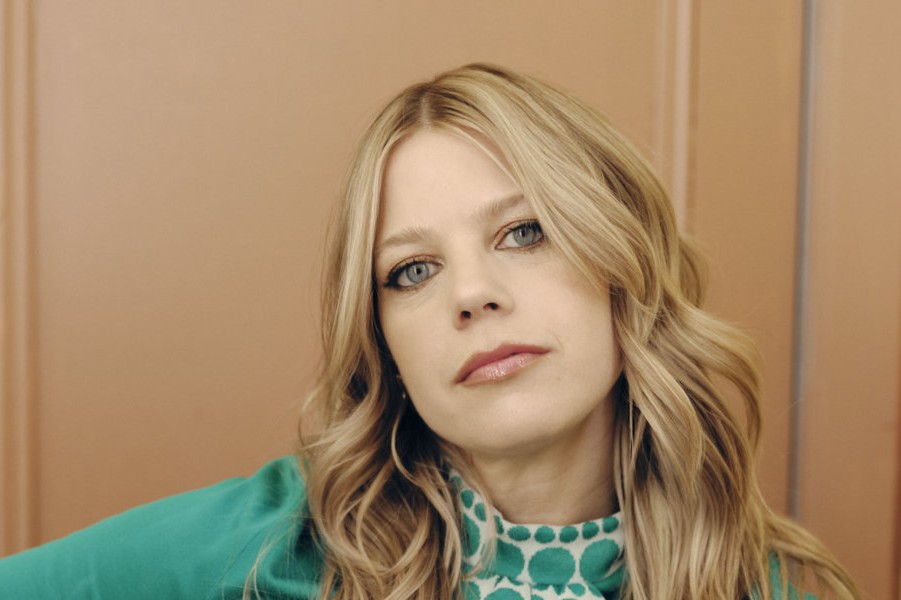Safely ensconced in my 40s, few things surprise me more about my music listening habits than my affection for left-of-center adult contemporary. No, I’m not talking about parental equivalent of Kidz Bop played on radio stations that think Adele is edgy because of her emotional vulnerability. I’m talking about thoughtful artists who write songs relevant to their lives. These grownups deliver engaging tunes with instrumentation that engage the ears, brain, and heart instead of numbing them. Maybe it’s my subconscious telling me that I don’t always need to chase the most extreme new thing in electro, indie, punk, or metal. Maybe it’s my body telling me that quality music shouldn’t necessarily encourage a compulsion to jump out of my chair and dance around the room.
Or maybe Basia’s Palace is flat-out superb – no qualifiers necessary.

With the seventh album in her quietly confident career, Basia Bulat continues to create sublime singer-songwriter fare. As with each release, she finds new ways to wrap her profound lyrics in fresh textures while remaining true to herself. Released on Secret City Records, this nine-song affair surrounds the Canadian’s raspy soprano with more synths and electronic elements than ever before. We also hear the same tremendous range and intricate lyricism that’s earned her Polaris and Juno nominations for nearly 20 years.
At the heart of this project lies a bright collection of musical ideas drawing from ‘70s countrypolitan, ‘80s sophisti-pop, and 21st century indie-folk. While it’s easy to detect heaps of Dolly Parton, Tracey Thorn, and Goldfrapp, Bulat’s own artistry stands tall. You hear it most in the album’s overall organic sonic progression, as it features brisk arrangements and catchy hooks. The sharp rhythm section gives each song the necessary backbone while crisp guitar work and lush (but never overwrought) keyboard phrasings showcase her exploratory energy.
Basia Bulat excels at writing earnest love songs without pastiche.
Her strength as an artist comes from her ability to pen robust lyrics that balance realism, metaphor, and imagery in equal measure. On “Baby,” we hear a paean familiar to many a confused lover, “Now you complicate every path I make / Tell me what to do / Have I still got nothing left?” The chorus of “Daylight” includes this touching thought: “When you gonna see yourself the way I’ve seen you / honey come and dance yourself back into your dreams.” With “Disco Polo,” Bulat memorializes her Polish heritage and her childhood with lines like, “The nights the radio was too loud / The days the nightmares would come around / When will the good times be back again?”

Basia’s Palace is a folk-centric triumph packed with mood, craft, and heart. Bulat deserves the same critical affection as Cate Le Bon and Aldous Harding, since all three have similar skills at subverting pop sensibilities. By actively pursuing ways to invert her own expectations and past achievements, she can find fresh expressions for her finely honed skills. Sure, it might be adult contemporary, but it does not have to be boring.


